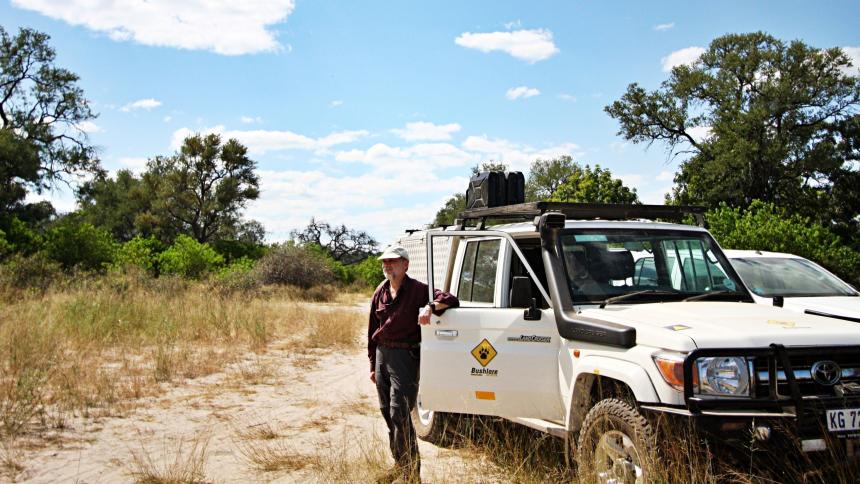In the News

Video
June 20, 2025
In this eCornell keynote presentation, Drs. Katie Fiorella, Sebastian Heilpern, and Eric Teplitz use case studies from rapidly emerging aquatic food sectors in Cambodia, the Amazon, and Kenya to underscore the critical importance of aquatic environments and biodiversity to our own health.

June 12, 2025
A new study, led by Cornell's Dr. Sebastian Heilpern, highlights the value of biodiversity for sustainability and nutrition.

June 06, 2025
For Myanmar refugees in upstate New York, fishing is more than a pastime—it's a vital link to culture, community, and well-being, as explored in a new study by Cornell's Kathryn Fiorella and colleagues.

May 15, 2025
Cornell's Sebastian Heilpern and Kathryn Fiorella provide expert insight on sustainable fish and seafood choices.

March 28, 2025
by
Rodman Getchell
I joined my colleagues at the Cornell University College of Veterinary Medicine (CVM), Dr. Kathryn Fiorella, and her PhD student, veterinarian Eric Teplitz, who have been working to examine interactions among environmental change, livelihoods, food systems, and nutritional security....

October 07, 2024
Growing pressures on the environment are increasing needs and work opportunities for veterinarians in wildlife conservation. A gift of $35 million received by the Cornell University College of Veterinary Medicine — the largest in the school's history — will help fund activities of its wildlife health center into the future.

February 09, 2024
This summer, I embarked on an unforgettable journey into the heart of aquatic veterinary medicine with Dr. Tim Miller-Morgan at the Hatfield Marine Science Center (HMSC) in Newport, Oregon. The center is Oregon State University’s coastal campus, also serving as a marine science laboratory and an oceanographic research base for six state and federal agencies....

January 30, 2024
A transformational gift from philanthropist and Cornell alumna K. Lisa Yang ’74 will endow and rename the Cornell Wildlife Health Center as the Cornell K. Lisa Yang Center for Wildlife Health at the College of Veterinary Medicine.

October 25, 2023
I started veterinary school with the goal of working with stingrays, dolphins, and fish. Now, four years later, I can say I have worked at some of the top aquariums and other aquatic facilities in the country and connected with colleagues who are leading this field.

January 18, 2023
From Ithaca to the plains of southern Africa, the Cornell Wildlife Health Center is working to heal the natural world. Launched in 2020, the center was formed to unite Cornell’s leading wildlife health professionals under a common mission: to repair the fractured relationship between people and nature.
